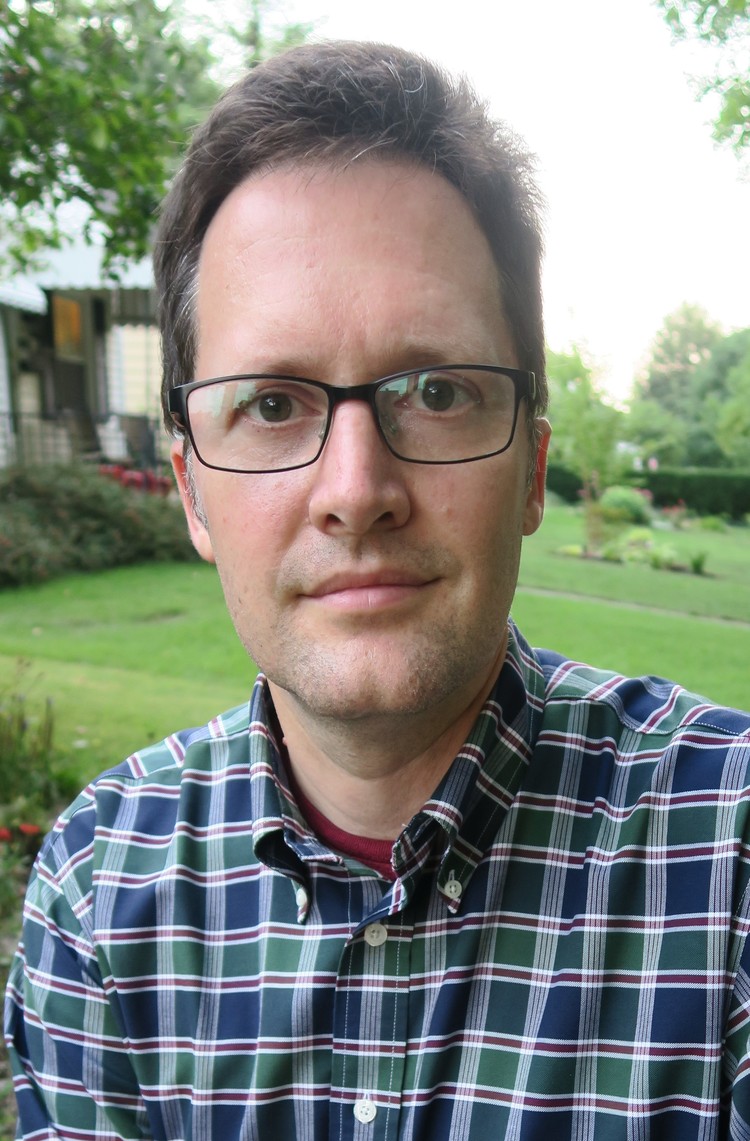When I told my friend Mark that I’d joined the Peace Corps, he high fived me and whooped with excitement. However, he wasn’t excited about me working for global understanding, sustainable development, or world peace.
No, he only cared about my future hardships.
You see, Mark was a Peace Corps’ legend. While serving as a forestry volunteer in rural Nepal, he broke his leg and hiked two days across isolated mountains to get help. Then, with his leg still in a cast, he hiked back to his post, planting little tree seedlings on Nepal’s denuded hills and valleys as he went. The fact that I’d work under similar conditions impressed him.
Then he found out I was going to Thailand.
“That’s like going to Club Med,” he sneered. “Watcha gonna do, build toilets for deprived beach tourists?”
Actually, the term among Peace Corps Volunteers for the Thailand assignment was Posh Corps, not Club Med, and neither slur was applicable to my volunteer site. I ended up teaching English at a junior high school in the central Thai village of Sa Klee. Located next to a slow flowing river, Sa Klee had been the dumping ground for a massive shoe factory employing 15,000 people. The contrast between the peaceful tree-filled village and the vast factory and slums a thousand feet away was like Chicago getting compressed beside a tiny Amish town. The landscape both soothed and jarred the senses.
But try explaining this to Mark. To him, the fact that Sa Klee had electricity and a few old computers made it unsuitable for Peace Corps. One of my friends at Sa Klee, a older teacher named Loong Chian, found Mark’s attitude both silly and insulting.
“So helping people isn’t enough,” he said once. “But if you were wading through crocodile and leech infested rivers without reason, then you’d be a real volunteer?”
I explained in Thai that Americans sometimes obsessed on the wrong things in life. Loong Chian laughed as if this wasn’t a secret to anyone.
During my second year in Thailand, Sa Klee flooded. Of course this interested Mark.
“What do you do?” he e-mailed me. “Wade to and from your house?”
My answer: Yes. Unlike in America—where every time a flood came around millions of dollars in damage was done to the homes of people who’d foolishly built right next to a river—people in Thailand built homes to survive the floods. At my school, all of the wood-plank teacher’s houses sat on tall cement poles so the floods passed underneath without damage.
No damage, that is, until my toilet stopped up.
I first noticed the problem a month into the floods. One day the toilet just refused to flow. Loong Chian came by to help me fix it.
“The problem comes from air trapped in the septic tank,” he said as we squatted on my staircase and gazed under the house. Flood waters rippled around the blue PVC pipe going from my bathroom to the septic tank. A smaller pipe hung loose beside the blue pipe.
“When they put in the new pipe, they didn’t attach the exhaust valve,” Loong Chian said, handing me an electric drill. “Drill a new hole and attach the smaller pipe.”
“Don’t we need a boat?” I asked in Thai.
“Too difficult. Just swim out in the water and make sure the drill doesn’t get wet.”
I fingered the frayed cord of the drill. Thailand electricity ran at a powerful 220 volts. It’ll fry you faster than anything. Just ask Thomas Merton, the deceased trappist monk and author of The Seven Storey Mountain, who discovered while on a trip to the Thai kingdom that bathtubs and electric fans don’t mix.
“Don’t worry,” Loong Chian said. “I’ll stand by the outlet and pull the plug . . . if anything goes wrong.”
He was disappointed I didn’t trust him. After debating differing views on electrical safety without agreement, Loong Chian came up with another idea. He found a metal bolt and heated it over my propane cooking stove until one side glowed red hot.
“Melt through the sewage pipe,” he said, “then attach the exhaust valve.”
Easy enough. I swam to the pipe, holding the hot bolt above my head.
I should have suspected trouble when Loong Chian yelled for his wife to come watch me fix the pipe. As they sat on the stairs, I pushed the exhaust valve against the sewage pipe, marked its spot with a wet thumbprint, then shoved the hot bolt into the PVC. The plastic bubbled and oozed.
Suddenly, explosion! The bolt shot into the water with a spitting halo of muck that rainbowed the morning sun. Tissue and unknown particles clung to my lips and face. I looked like some cartoon villain just emerging from the sewers.
“Maybe the hole’s not big enough,” Loong Chain said as he laughed. “Do it again! Do it again!”
I ignored him. After attaching the exhaust pipe I took a long swim in the river.
When I e-mailed Mark about all this, he was finally impressed. “Now you’re a true Peace Corps volunteer,” he replied.
I wasn’t a true plumber, though—a few days later my toilet stopped up again. Loong Chian said that was typical of life. He also suggested that I join him and his wife on their upcoming trip to the beach. “Just until the floods recede,” he added with a smile.
But I didn’t tell Mark about my beach trip. After all, I had a reputation to protect, what with me now being a true Peace Corps volunteer.

